We emphasize the role of long-lasting transformations through coherent policy and institutional reforms powered especially through direct or remote South-South and triangular cooperation.
We use local methods of consultation for better decision-making from the start. This allows national stakeholders to establish who will do what, who will ensure that what needs to be done gets done, and what will be the set-backs if it doesn?t.
This also enables domestic actors to tailor how WFP is going to contribute to the design and content of the process, situating an initiative within national development priorities.
Traditional technical cooperation may be appropriate in many instances to address short-term needs, but it tends to be ad-hoc and expensive without accomplishing national priorities. Strong capacity, locally generated and sustained, is essential to the success of any development enterprise.





